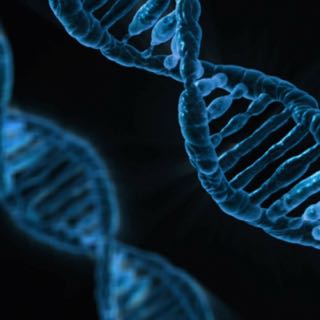
Project
Big Question: A global search for transcription factor-coupled bicistronic genes: Complexities in human development and genetic disease explained

Principal Investigator: Christopher Gomez, Neurology
Funding Type: Vision
Focus Area: Complexity
Big Idea: Our work challenges the “One gene-one polypeptide hypothesis” proposed by George Beadle and Edward Tatum. We have found that some genes expressed in human cells make two proteins, rather than one, as proposed by Beadle, using mechanisms once attributed only to viruses. Making two proteins together allows one to be dedicated to a principal cellular function such as ion channel protein, while the other protein (called a transcription factor) can work to orchestrate the activation of other genes necessary to function with the principal protein. This provides a tremendous layer of efficiency and helps avoid the problem of key proteins appearing at the wrong time in the cell. However, because they control expression of a wider assortment of proteins, disease mutations of these dual-protein genes may result in more complex genetic diseases. In this study we will determine the extent of these dual-protein (bi-cistronic) genes in cells, confirm them experimentally, determine the target genes that they regulate. Our long range plan will be to identify novel transcription factors that are made together with the principal proteins, and to express them in transgenic mice, so we can separate the contributions of the two proteins to the complex phenotype of complete knockout mice.
Check out other funded projects